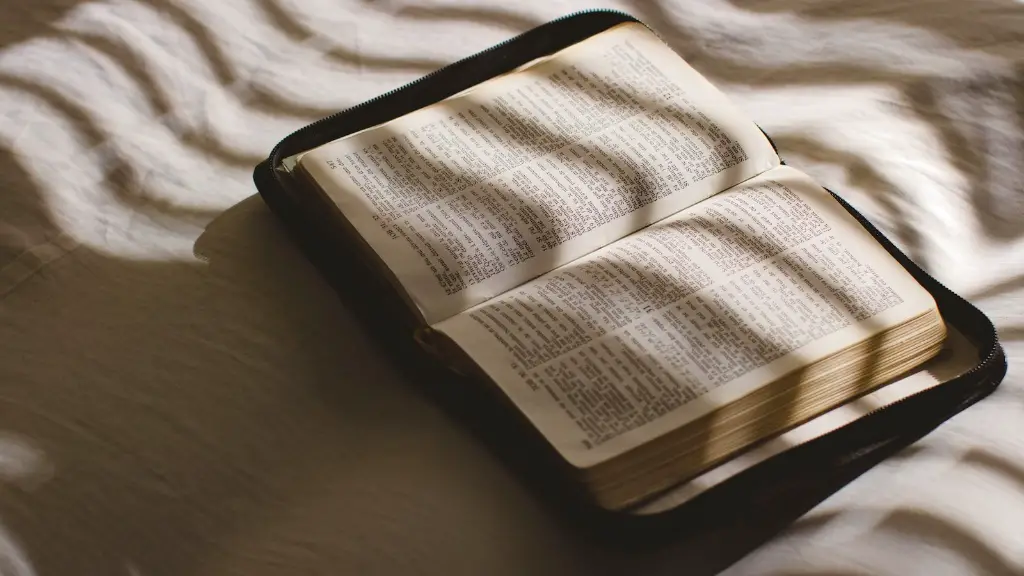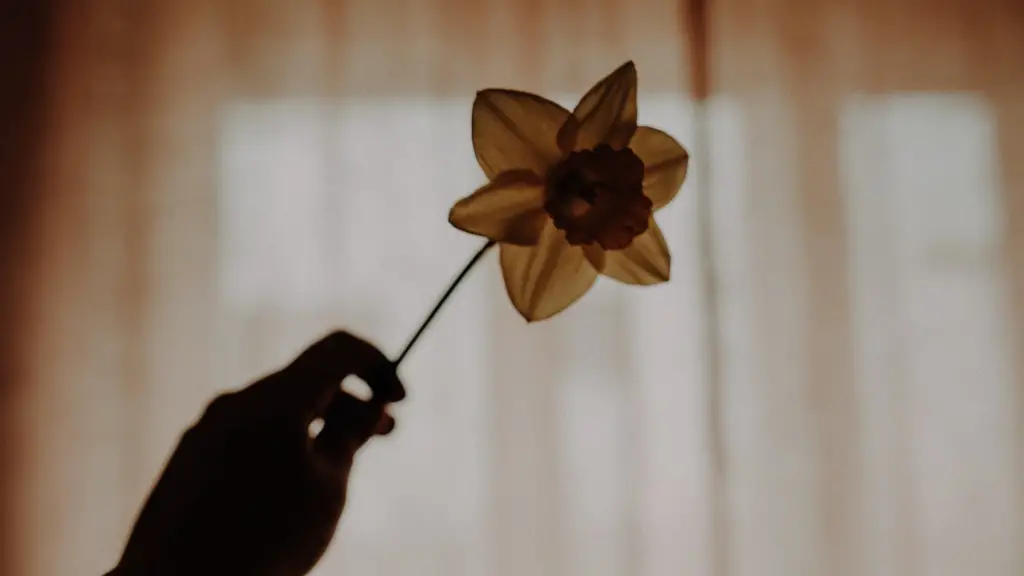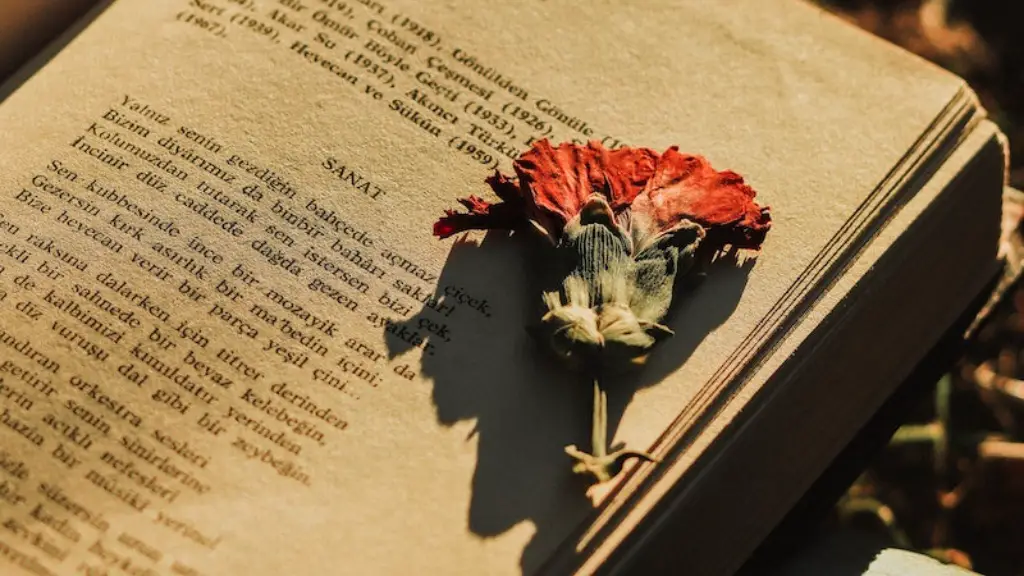Confessional poetry is a type of literature that has become increasingly popular over the past few decades. It is a genre of poetry that is personal, often autobiographical and highly emotive. The term ‘confessional’ was coined by M.L. Rosenthal to describe the poetry of Robert Lowell, Sylvia Plath and Anne Sexton in the 1950s and 1960s. The confessional poets of this era rejected traditional forms of poetry and embraced raw and honest portrayals of their own experience. They wrote about mental illness, romantic heartache, addiction and other taboo topics, often with brutal and unflinching detail.
Confessional poetry is both powerful and intimate, a direct expression of an individual’s most raw and personal thoughts and feelings. Today, confessional poetry is experiencing a resurgence in popularity, with poets such as Rupi Kaur, Nayyirah Waheed and Kaveh Akbar bringing the genre to a mainstream audience. Confessional poetry is both a form of personal catharsis and an opportunity to connect with readers in a unique way.
Confessional poetry is, at its core, about being honest with oneself and with one’s readers. It is often personal and vulnerable and can take on many forms. It can be confessional in the traditional sense, with the poet exploring the complexities of their own experience. It can also be more abstract, exploring themes of intimacy and identity without getting too caught up in the specifics. Regardless of its form, confessional poetry is always defined by its frankness and emotion.
In order to craft effective confessional poetry, it is important to approach it with purpose and intention. As a confessional poet, you should strive to be both honest and creative in your writing. You want to be frank and unguarded, but you also want to find creative ways to communicate your emotions. This can be done by experimenting with language and imagery, playing with structure and form, or focusing on a particular aspect of your experience that can speak to a universal truth.
The language used in confessional poetry can also be important. While there is no one “right” way to write a poem, there are certain terms and phrases that might be helpful to have in your arsenal. Strong and vivid language can help to convey emotion and create a powerful impact. Using a broad range of vocabulary can also help to communicate more nuanced ideas and feelings.
Finally, it is important to remember that confessional poetry is an ongoing process. Poetry is a craft and takes practice, so the more you write, the more of an authorty you will become. Don’t be afraid to take risks and to push yourself beyond your usual boundaries. With practice, you can create powerful and thought-provoking confessional poetry.
Different Styles/Genres of Confessional Poetry
There are many different styles and genres of confessional poetry. For example, some poets may choose to write in the traditional form of a sonnet or other poetic form. Others may choose to focus on free verse, breaking with the common structures of poetic form and allowing themselves to fully express what they want to say. Still other poets may explore a hybrid approach, combining structure with freedom. Regardless of the form chosen, the important thing is to stay true to the spirit of confessionalism.
One of the most prominent styles of confessional poetry is spoken word. Spoken word is an accessible, public form of confessional poetry in which the artist performs their piece in front of an audience. It is also a particularly powerful tool for expressing emotion, drawing on the artist’s own experience to connect with the listeners.
Another form of confessional poetry is Slam. Slam poetry is a relatively new poetic form that focuses on performance and audience interaction. It is often more eclectic and fast-paced than traditional confessional poetry and draws on a variety of styles including rap, hip hop, and even stand-up comedy.
Finally, there is what is known as “drunken” poetry. This style is often referred to as “drunken” because it is often written while the poet is under the influence of intoxicants. While there are no rules governing this style, most artists write in an intimate and candid manner, foregoing structure for pure emotion and expression. This style can be both intimate and uninhibited, and is often used as a form of personal catharsis.
Writing Techniques to Improve Confessional Poetry
While there is no one right way to write confessional poetry, there are a few tips and techniques that may be useful when crafting a piece of work. Firstly, you should always start by gathering your thoughts and writing them down in a freeform manner. This allows you to capture your emotions and thoughts in the moment, enabling you to create a piece that is expressive and honest. Secondly, it is important to be creative and experimental with your use of language and words. Try to find new and interesting ways to express yourself and connect with your readers.
Thirdly, make sure to use vivid and descriptive language. Don’t just tell your story, show it to your readers. Utilizing metaphors, similes and other poetic devices can be a great way to communicate your message in a powerful manner. Finally, try to focus on making personal connections with your readers. Doing so will help them to understand and empathise with your experience in a more meaningful way.
Sources of Inspiration for Confessional Poetry
When writing confessional poetry, it can be helpful to draw upon external sources of inspiration. Whether it is a poem that resonates with you, a song that speaks to your soul, or a piece of art that reflects your emotions, having something to draw upon can be invaluable. Additionally, reading the works of other confessional poets can provide you with a wealth of ideas and techniques. As you read, take note of the language and imagery used, as well as the structure and form employed.
Another great source of inspiration is everyday life. Spend time reflecting on your own experiences, observing and noting down things that spark your interest or emotions. Pay attention to the people around you, their conversations and the way they interact with each other. Ultimately, be open and willing to explore different avenues and draw upon any source that helps to bring your confessional poetry to life.
Confessional Poets of Note
In recent years, many confessional poets have emerged and become household names. Poets such as Rupi Kaur, Nayyirah Waheed and Kaveh Akbar have used confessionalism as a way to express their personal experiences and create powerful and impactful pieces of art. Other notable confessional poets include Akilah Hughes, Donte Collins, Shelby Eileen and Lauren Zuniga. Each of these artists embrace the genre in their own unique way, offering readers a window into their thoughts and feelings.
The Power of Confessional Poetry
At its core, confessional poetry is a tool for self-expression and a space to explore the complexities of the human experience. For many, it is a way to deal with difficult emotions and experiences, a path to healing and growth. It is a testament to the power of words and their ability to transcend language barriers. By creating honest, powerful pieces of art, confessional poets can bring about meaningful change and leave an indelible mark in the world.
Finding Your Voice in Confessional Poetry
Finding your own unique voice in confessional poetry can take time and practice. To get started, begin by exploring the works of other confessional poets. What language do they use? How do they structure and form their work? How do they express their emotions and experiences? Once you have an understanding of the genre, you can begin to craft your own pieces. Think of your topics, utilize strong language and vivid imagery, write in your own words, and focus on creating work that speaks to the heart and soul.
Breaking Taboos with Confessional Poetry
Confessional poetry has a long tradition of breaking taboos. This can be seen in the works of Robert Lowell, Sylvia Plath, and Anne Sexton, who wrote candidly and unflinchingly about topics such as mental illness, addiction, and romantic heartbreak. Today, many confessional poets are continuing this legacy, writing provocative and powerful pieces that challenge the status quo and shed light on the issues of our time.
In spite of its honest and raw nature, confessional poetry often holds a special place in the reader’s heart. It can be a powerful expression of personal pain, but also a source of understanding, comfort and healing. So, explore this amazing literary form, find your voice, and tap into your creative power. After all, that’s the real beauty of confessional poetry.




